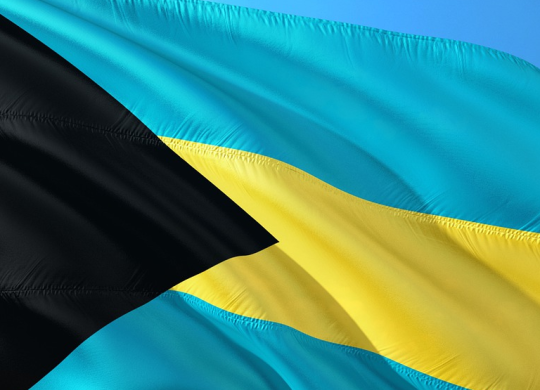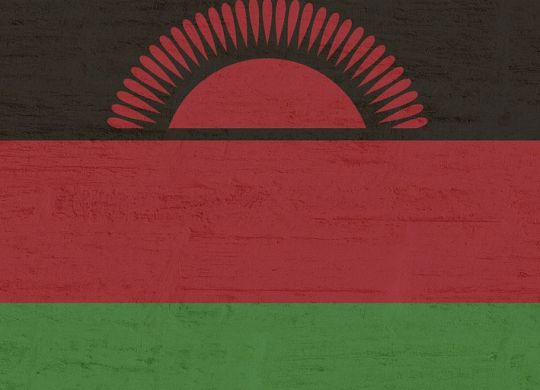
The healthcare system in France is one of the leading in the world. In medical facilities, patients receive high-quality medical care and benefit from the latest technologies, discoveries, and techniques. At the same time, prices for services remain among the most affordable in Europe.
Medical tourism in France is growing rapidly and foreigners very often prefer French clinics. Therefore, we suggest reading useful information on the specifics of medical care in France and finding out how to get treatment in the country.
Read more about the security situation in France during the protests here.
European Health Insurance Card. Read here how to get preferential medical care in the EU countries.
Where to stay in Paris: the best neighborhoods and prices.
What you need to do to come to the country for medical care
The French healthcare system, also known as Protection Universelle Maladie (PUMA), automatically grants access to healthcare to all citizens legally residing in the country permanently. If, for example, a foreigner lives in France for three consecutive months and is a resident, he or she is entitled to public health insurance. In all other cases, the service for foreign tourists is payable. However, health insurance can cover a significant part of the expenses.
Not all private facilities in the country are fully equipped to receive patients from abroad (for example, not all staff speak English). Therefore, first of all, you need to find a suitable hospital and choose the type of treatment or examination. You can search for clinics on Hopital.fr, or Assistance Public Hopitaux Paris (AP-HP).
We will also include a list of some hospitals that are considered to be among the best in Paris:
Once you have found a hospital, it is worth checking whether you need a Schengen visa to enter the country and be treated there. Also, find out whether you need a short-term or long-term one.
Usually, a short-term Schengen visa category C is chosen for medical tourism. There are three types:
• single-entry visa;
• double-entry visa;
• multiple-entry visa.
Before applying for a visa for medical purposes, read the requirements in advance and contact the embassy for documentation information. You will need to collect all necessary documents based on medical indications, complete a questionnaire, provide proof of medical treatment, and pay the visa fee.
Conditions
To receive medical treatment in France, you need a Schengen visa for medical reasons, which allows you to stay in the country for up to 90 days. However, if long-term treatment is planned, it is better to choose a national visa for treatment.
Foreign patients must also have an invitation from the French medical facility where the medical services will be provided. This is important for obtaining a visa and entering the country.
Be sure to get travel health insurance. Firstly, any hospital in France will immediately ask about insurance. If you do not have it, it will greatly complicate further treatment. Secondly, health insurance generally covers costs and protects you from risks. If you are interested in how to get insurance and which plan to choose, contact the specialists on our website. You will receive a thorough consultation, expert help, and guarantees.
When choosing a treatment facility, inquire about the language. It's great if the staff speak English. However, the services of an interpreter may be required. This should be arranged in advance.
Documents required
To obtain a visa, you will need to submit an application form and the following documents:
• a completed and signed form;
• foreign passport or valid travel document
• copy of passport or document pages;
• confirmation of booking of return tickets;
• health insurance with a minimum coverage of €30,000;
• confirmation of hotel booking or confirmation of outpatient/hospital accommodation;
• invitation letter from the hospital;
• confirmation of civil status (marriage certificate, birth certificate of children);
• confirmation of payment of customs duties;
• proof of assets (it is necessary to show that you have sufficient funds for your treatment and stay in France);
• documents indicating the patient's employment status;
• documents confirming the need for medical treatment.
The requirements for the package of documents may change and vary from case to case. It is therefore essential that you check all the necessary information with your embassy.
Funds
France is one of the leading countries in the medical field. Local medical facilities are considered more accessible to foreign tourists than in many other European countries.
Among international patients, the following types of treatment are most requested:
• oncology;
• cardiac surgery;
• neurosurgery;
• diagnostics;
• pediatrics;
• traumatology;
• orthopedics;
• plastic surgery;
• dentistry;
• cosmetology, etc.
Prices for medical services in France are considered to be among the lowest in Europe. For foreign patients, French hospitals set a small price premium, but even under these conditions, the cost is still much lower than in other foreign clinics.
For example, you have to pay around €20-25 for a consultation and up to €90 in some private hospitals. A surgical operation can cost from €2,000 or more, depending on the complexity. Knee arthroscopy in a French clinic will cost around €3,600 - €4,000 and a meniscus repair €4,700 - €5,000, while in a UK hospital the same treatment will cost €18,200 - €18,500. €2,000 - €5,000. More complex procedures will cost more.
Recreational tourism
In France, recreational tourism is no less popular. There are numerous health centers, spas, and sanatoriums operating in the country. Foreign tourists can find many places to retreat, improve their well-being and renew their strength both physically and spiritually.
The French health system also recognizes alternative and complementary medicine. The most popular types are:
• homeopathy;
• acupuncture;
• herbal medicine;
• water treatment;
• chiropractic, etc.
Alternative medicine is mainly used for the treatment of minor ailments, chronic or serious illnesses, and prevention.
Thanks to affordable prices, quality medical care and a wide choice of treatments, medical tourism in France is booming. You really can get a wide range of services in the country. The most important thing is to plan your trip and subsequent stay carefully and to take care of all safety measures.




